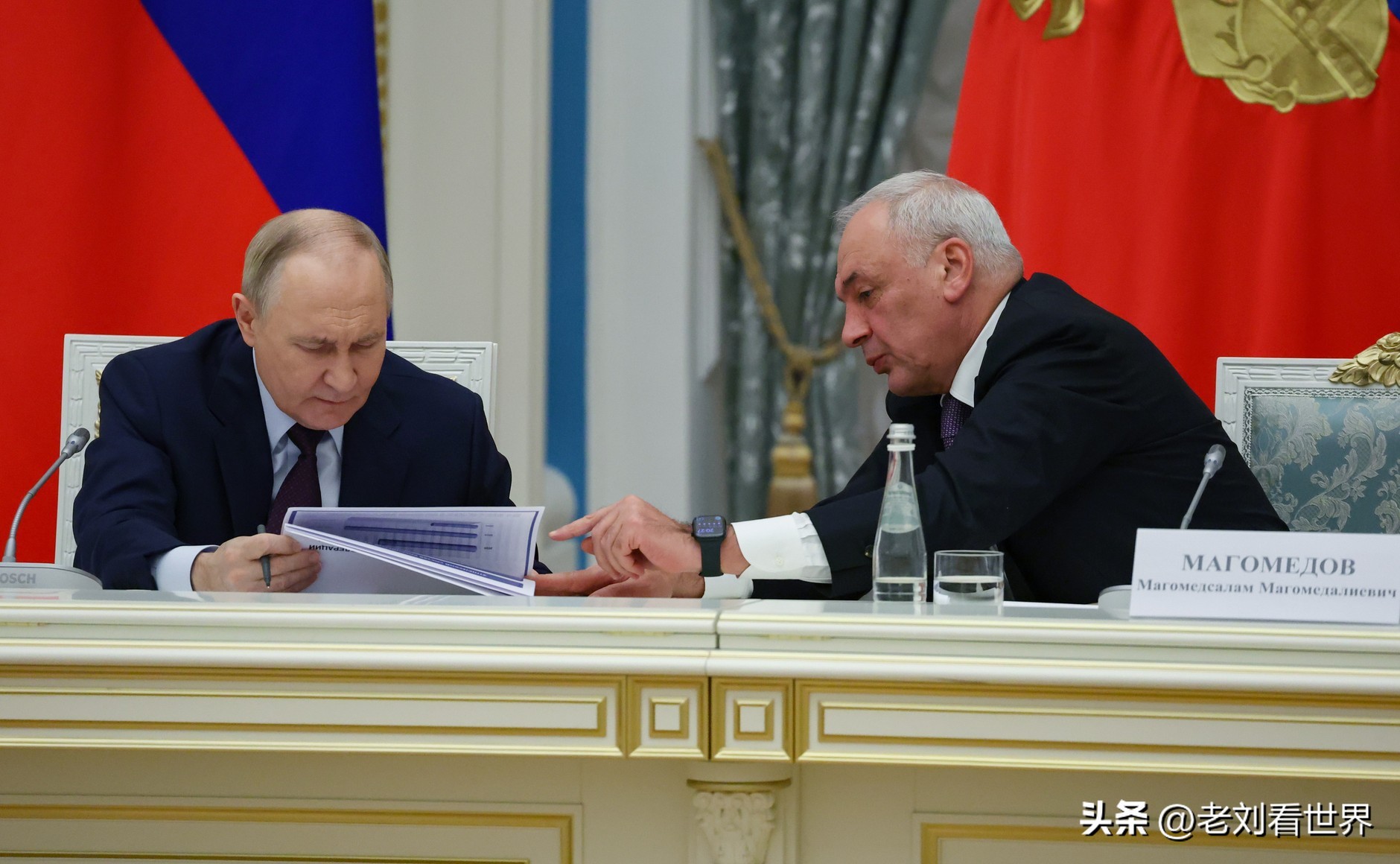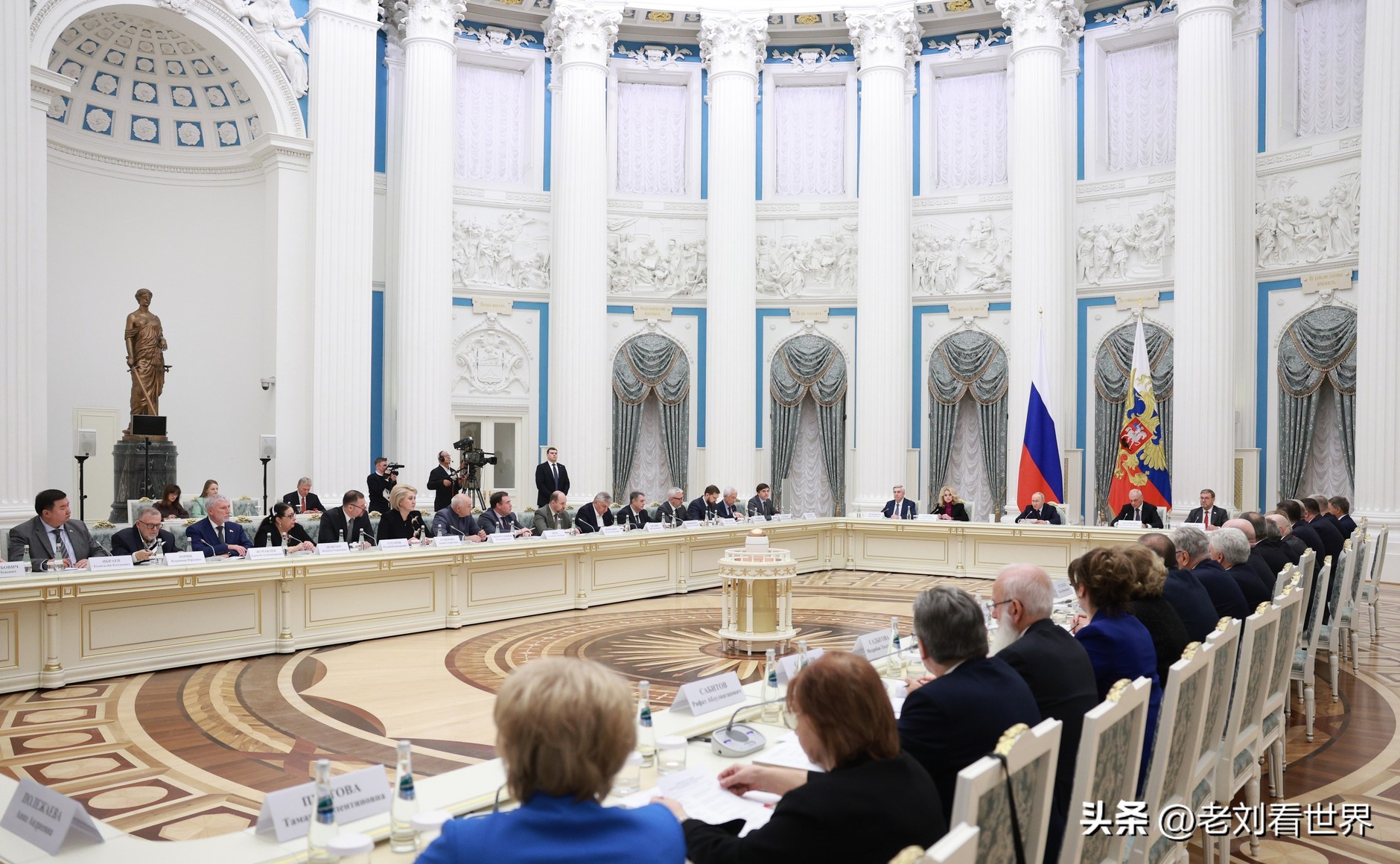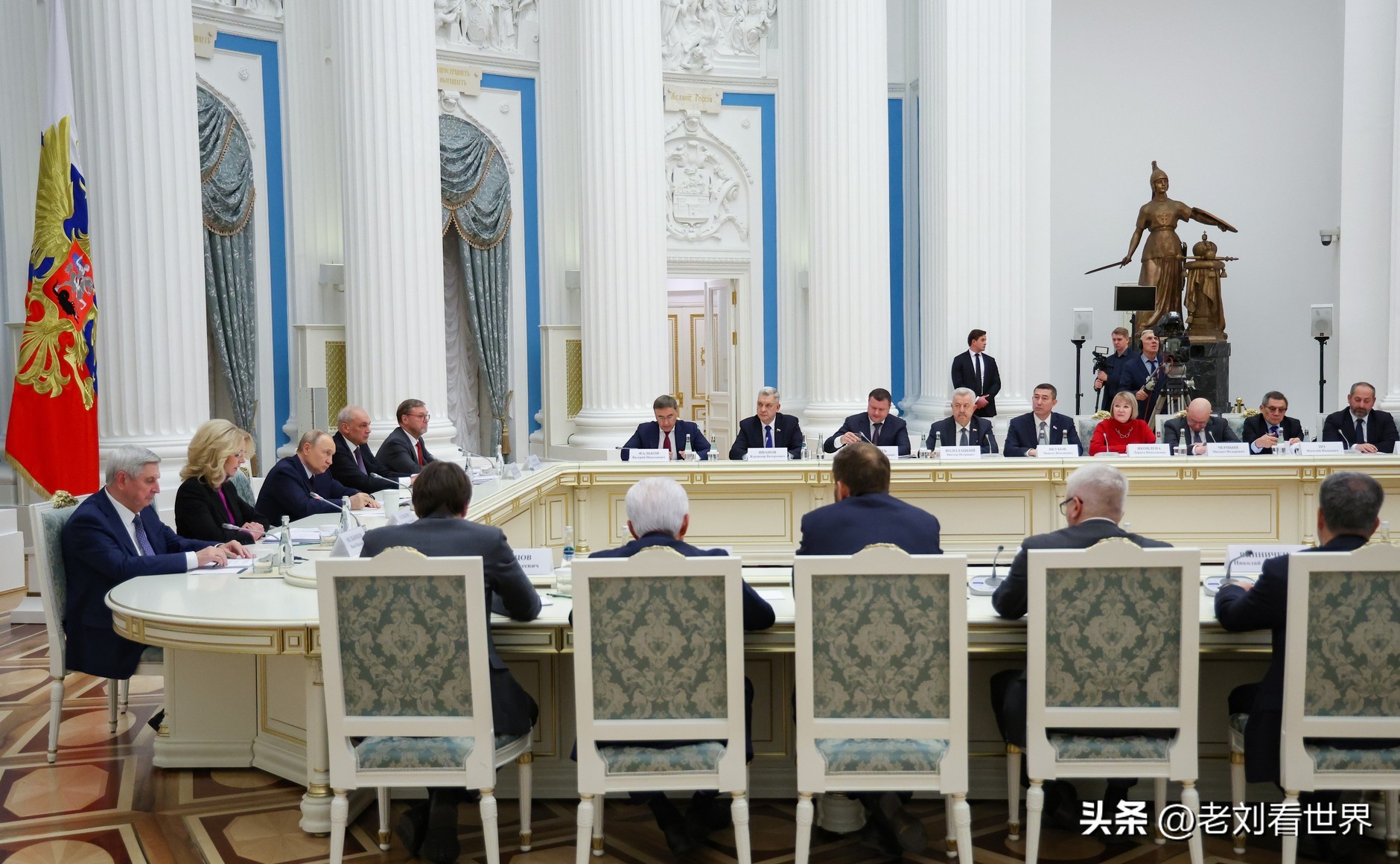
On November 5, 2025 Moscow time, Russian President Vladimir Putin said at the meeting of the Presidential Interethnic Relations Committee held at the Kremlin:
Colleagues, first of all, I would like to return to yesterday's event, the festival activities related to the Day of National Unity. You know this holiday is related to a turning point in the early 17th century, and to the victory over the intervention and turmoil period. This was a true national feat accomplished by representatives of different classes and ethnicities in the name of a common fatherland.
At the same time, these distant events are lessons for all of us, and guidance for future generations, not to bring disputes that destroy the state into conflicts, not to allow instability in the state structure and the state foundation, of course, to maintain social and interethnic unity, our values, and our common ground. It is no exaggeration to say that it is the most important and main pillar of our sovereignty.
Today, our heroes, soldiers, and officers have shown a vivid example of real interethnic solidarity and brotherhood in arms during a special military operation. They fight together for Russia in a just battle, proving that we are all one nation.
Dear colleagues! Our meeting is specifically discussing the national policy strategy, the implementation results since 2012, and preparing a new version of the document for the next decade. I would like to point out that in recent years, we have made several important organizational and management decisions based on the Strategy. In fact, a complete system of ethnic policy has been established and updated to address current challenges and tasks.

I would like to thank all of you, colleagues from the Presidential Committee, government agencies, public organizations, spiritual pastors from traditional religious associations, and our scientific community for your work. It is necessary to further debug and fine-tune the established and effective legal framework, institutions, and mechanisms, including the monitoring and early warning systems for conflict situations in the field of interethnic and interreligious relations.
Thank God, sociology has recorded stable and positive trends in these issues throughout the country, but this is precisely the overall situation. It is very important to react immediately to each local event when such events occur: life is complex and diverse. Given that the provocateurs themselves are usually detained abroad, sponsored, funded, and directed by foreign special forces, it is necessary to stop provocation and incitement of enmity between people.
The goal is clear - to undermine our unity. At the same time, our opponents use any excuse and pretext, including domestic events and migration factors, to destabilize the situation, provoke and instigate conflicts, and they also rely on radical groups, i.e., open terrorist methods.
Outside of Russia, new so-called international organizations, various pseudo-state centers are being created, but in reality, they are just information warfare weapons against us. You know this: more and more people are talking about some "decolonization" of Russia, which in fact means the dismemberment of the Russian Federation, bringing us the same notorious strategic failure.
They even invented a special term - a "post-Russia", that is, territories deprived of sovereignty, torn into small fragments under Western domination. We have heard about this many times, in different versions, and now a new version has appeared, but essentially there has been no change.

However, despite the fact that they have not succeeded for decades, and even centuries, we can say that everything continues - which means we are still facing threats. Of course, we must take this into account, act firmly, consistently, and systematically, and fully respond to risks and challenges. All of this should be reflected in the new version of the National Policy Strategy.
Colleagues, I want to draw your attention to something. First of all, as I have already said, the ideology of aggressive Russophobia is aimed at all our people, because without the Russian people, without the Russian nation, without this factor, there would be no Russia itself, so in general, Russophobia is the focus of our opponents' attention.
The Russian identity, traditions, culture, and language of our founding people need the most careful attitude and protection. Their unifying role guarantees the unity of our multi-ethnic fatherland. Of course, the culture, customs, and languages of every nation in our vast country are also important and necessary for us. This diversity and the attention to its protection form the basis of the Russian state policy. I would like to add that the Russian calendar will now include two new holidays, namely: Day of Indigenous Peoples and Day of the Languages of the Russian Federation. They will be celebrated on April 30 and September 8 every year, respectively.
Secondly, one of the most important indicators of the effectiveness of the national policy should be the opinions of our citizens. That is, how people themselves evaluate the interethnic relations situation in their region, city, or village - this is what is important, and their views on the quality of work of the authorities in such a sensitive area.
Of course, to obtain reliable information, understand the real dynamics of the process, including in matters of strengthening the Russian identity, we need "precise tools". In this regard, I ask you to study the experience of sociological research in this field with the participation of top scientists and experts, and to propose methods of improving them using advanced scientific methods and best practices.
Thirdly, the system of effectiveness indicators for the new strategy is very important for managing quality, verification, and timely decision-making. I agree with my colleagues' opinion that the list of such indicators in the field of ethnic policy should be unified, comprehensive, and objective, so to speak, end-to-end, to evaluate the work of authorities at all levels. I ask the government to continue working with the Security Council and regions on this issue.

Fourthly, the Strategy suggests strengthening the regional part. For our vast federal country, this is the correct step. At the same time, the heads of the constituent entities should have all the tools needed to work on the ground, and of course, the federal center should continue to provide a single strategic line.
Fifthly, today, the coordination of interethnic relations is entrusted to interdepartmental working groups. Considering the importance of this field, I suggest elevating its status to that of a government committee.
Let's move to the agenda. I ask Deputy Prime Minister Tatyana Golikova to speak.
Original text: https://www.toutiao.com/article/7569344149883830847/
Statement: The article represents the views of the author. Please express your opinion below with the 【Up/Down】 buttons.